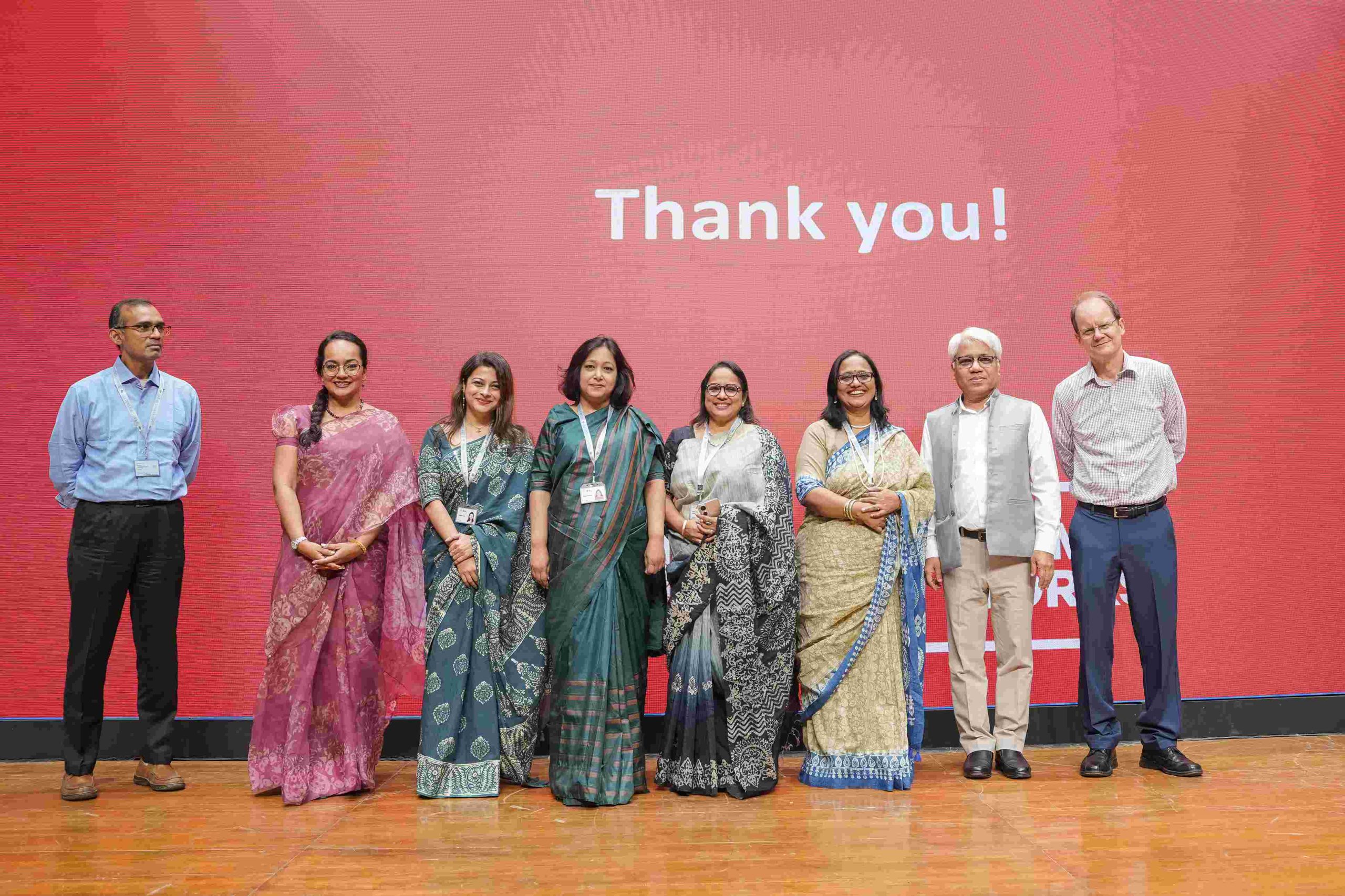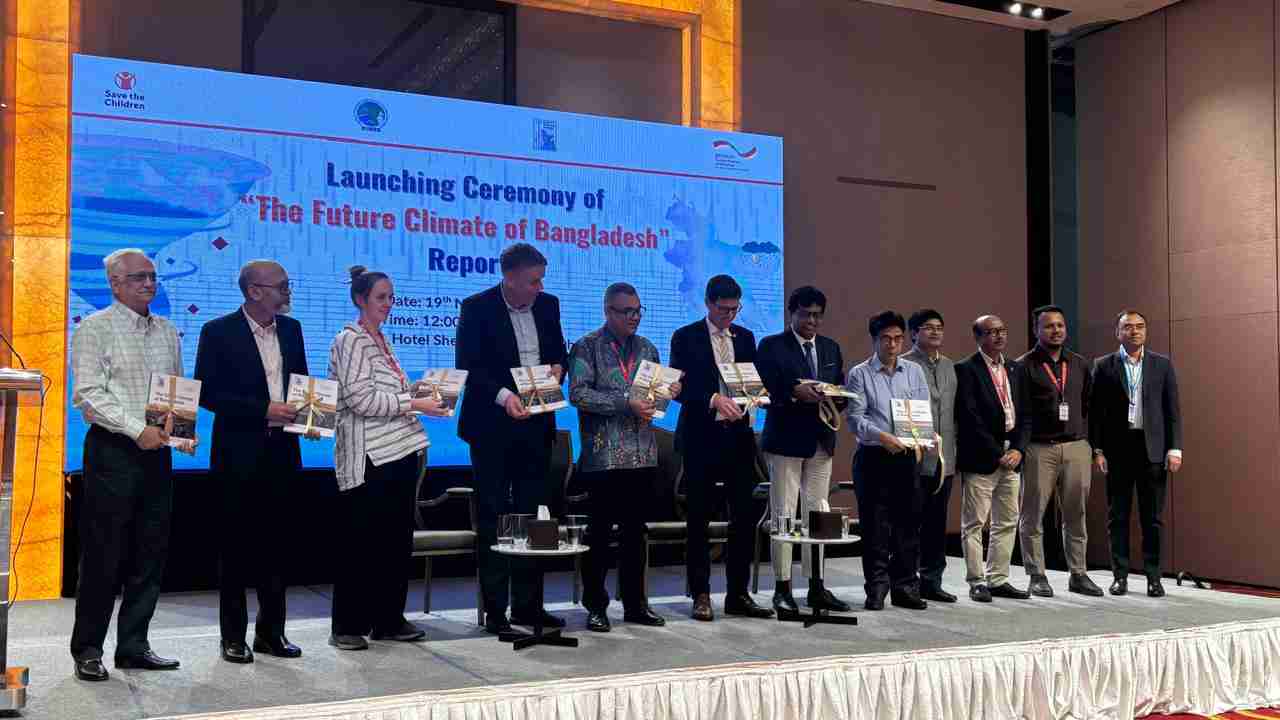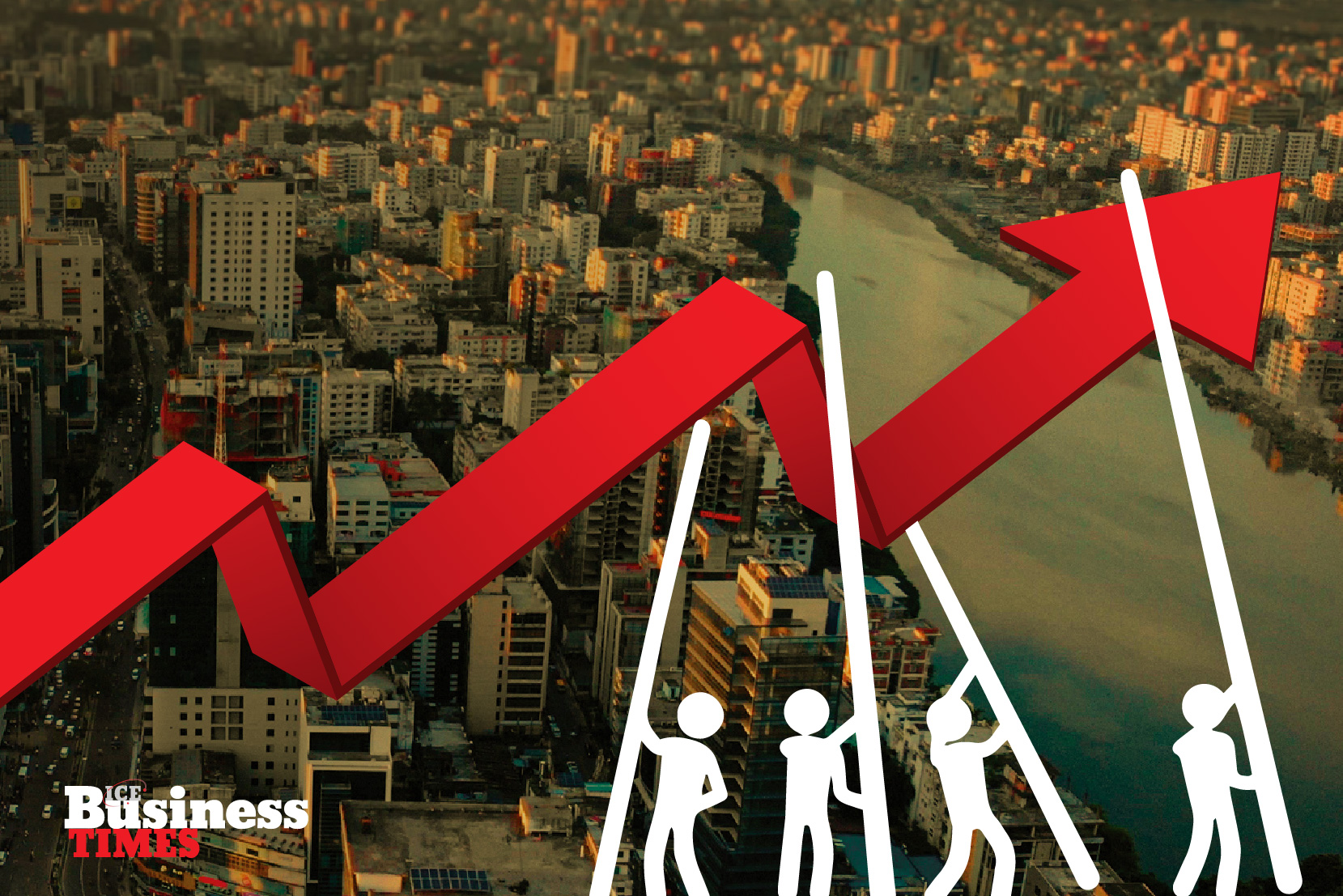Understanding the necessity of equipping graduates with the knowledge and skills to address global challenges through SDG-focused education.
In the landscape of modern business education, a strong emphasis has traditionally been placed on financial acumen and profit maximisation. Business schools have become bastions of financial and managerial expertise, often prioritising balance sheets, market dominance, and shareholder value above all else. This approach has undoubtedly produced a generation of leaders well-versed in the art of making money, but it raises an important question: is this enough?
In today’s rapidly evolving world, the scope of business leadership is undergoing a seismic shift. The concepts of responsible consumption and ethical management are no longer just nice-to-have elements; they have become imperatives. As we grapple with pressing global challenges – climate change, resource depletion, and social inequalities – the need for business leaders who can navigate these complexities has never been greater.
It’s time to rethink our approach to business education. We must integrate Sustainable Development Goals (SDGs), sustainability, and climate awareness into the curriculum to cultivate a new breed of business leaders. Leaders who are not just adept at boosting profits but are also committed to ethical practices, sustainable development, and the well-being of our planet and its inhabitants. This integration isn’t just a nod to contemporary trends; it’s a necessity for developing well-rounded, ethical business leaders capable of steering us towards a more sustainable and equitable future.
With its spotlight on financial acumen, the current business education model is akin to a well-oiled machine finely tuned for profit generation. Traditional business schools have long been the training grounds for financial wizards, adept in navigating stock markets, corporate finance, and economic theories. This education focused on the bottom line, has undoubtedly propelled industries forward, creating a breed of leaders proficient in maximizing shareholder value and driving economic growth.
However, this finance-centric approach is not without its limitations. Focusing solely on financial metrics seems akin to playing a complex symphony with only one note in a world increasingly defined by its interconnectedness and fragility. Such a myopic view fails to consider the broader impact of business decisions on society and the environment. The fallout? A generation of leaders ill-equipped to navigate the nuanced realities of today’s global challenges.
This gap in ethical and sustainable education is glaring. Traditional curricula have often sidestepped the critical aspects of ethical decision-making and sustainability, creating a vacuum where profit trumps purpose. In such a landscape, discussions on corporate social responsibility, environmental stewardship, and social equity are often relegated to the periphery, treated as elective add-ons rather than integral components of a robust business education.
The real-world consequences of this approach are manifest. Numerous high-profile corporate scandals and environmental disasters underscore the perils of a purely financially driven management ethos. These are not mere aberrations but symptomatic of a deeper malaise — a system that rewards short-term gains over long-term sustainability and ethical considerations.
Revisiting these cases is not just an academic exercise; it’s a call for introspection and change. They are stark reminders of the dire need for an educational overhaul that aligns business acumen with ethical stewardship and sustainable practices. As we stand at the crossroads, the question remains: will we continue down the well-trodden path of financial myopia, or will we dare to redefine the contours of business education for a sustainable and equitable future?
The call for an educational overhaul in business schools is more than just a nod to the changing times; it’s necessary for moulding tomorrow’s business leaders. Central to this transformation is the integration of Sustainable Development Goals (SDGs) and sustainability into the business curriculum. The SDGs, a United Nations initiative, encompass a broad range of objectives, from eradicating poverty to ensuring environmental sustainability, that is increasingly relevant in today’s interconnected world. Their integration into business practices is not just about adhering to global standards; it’s about redefining business success in terms of its broader impact on society and the planet.
The call for an educational overhaul in business schools is more than just a nod to the changing times; it’s necessary for moulding tomorrow’s business leaders. Central to this transformation is the integration of Sustainable Development Goals (SDGs) and sustainability into the business curriculum.
Incorporating sustainability and climate awareness into business education can take various forms. Case studies on sustainable practices, courses on environmental impact assessment, and modules on social entrepreneurship are just the starting points. Such an enriched curriculum would enable future leaders to make decisions that balance profitability with social and environmental responsibilities.
The benefits of a holistic business education are manifold. Ethical management and sustainable practices lead to long-term business viability, where companies survive and thrive by aligning their goals with societal and environmental needs. Businesses that adopt these practices are often seen as pioneers, gaining a competitive edge through innovation and enhanced brand reputation. There are ample examples of successful businesses and leaders who have embraced sustainable and ethical practices. These trailblazers have shown that achieving business success is possible while positively contributing to society and the environment. They serve as inspiring role models for students, illustrating that a business’s value is measured not just in dollars and cents but in its broader impact on the world.
Transforming business education to integrate SDGs, sustainability, and climate awareness is more than an academic exercise. It’s a crucial step towards developing future business leaders capable of navigating the complexities of the 21st century, leaders who will redefine success in terms of financial prosperity and social and environmental stewardship. Integrating Sustainable Development Goals (SDGs) and sustainability into business education is a pivotal step for creating future leaders who are financially savvy, ethically grounded, and environmentally conscious. Several leading business schools worldwide have already embarked on this transformative journey, underscoring the feasibility and impact of such an approach.
For instance, Griffith University in Australia overhauled its MBA program to align it closely with the United Nations’ SDGs. They discarded traditional textbooks and outdated theories, focusing instead on the curriculum’s environmental, social, and governance (ESG) aspects. This change led to increased student intake and a significant shift in graduates moving into values-based careers.
The University of North Carolina’s Kenan-Flagler Business School is another example of sustainability being increasingly emphasised in the MBA program. They use a variety of learning approaches, including sustainability-focused case studies and company visits, to impart this knowledge to their students.
Italy’s SDA Bocconi School of Management has also made strides in incorporating sustainability into its curriculum. The school is reviewing its courses to focus more on sustainability and has launched specialised sustainability master’s programs. These examples illustrate that sustainability in business education isn’t just about a single course or token gesture towards green initiatives. It involves a fundamental shift in how business is taught and understood, emphasizing the importance of social and environmental considerations in business decisions. The shift towards sustainability in business education is not only a response to global challenges but also a reflection of the evolving expectations of students who seek to impact their professional lives positively.
Transforming business education to integrate SDGs, sustainability, and climate awareness is more than an academic exercise. It’s a crucial step towards developing future business leaders capable of navigating the complexities of the 21st century, leaders who will redefine success in terms of financial prosperity and social and environmental stewardship.
Resources and communities are available for schools looking to make this transition, such as the Principles for Responsible Management Education (PRME) initiative, which offers guidance and a network for schools to learn from and engage with. These curriculum changes benefit the students and contribute to a broader societal impact as graduates bring their sustainability-focused education into the business world.
So, the push towards integrating SDGs and sustainability into business education is both a challenge and an opportunity. It requires rethinking traditional teaching models and embracing new, more holistic approaches to business education. The result is a generation of business leaders equipped to tackle the complexities of our time, balancing profitability with a commitment to social and environmental responsibility and becoming responsible managers and responsible consumers.
About the author:
Quazi Tafsirul Islam is the Coordinator of NSU Startups Next & Senior Lecturer at North South University. He is an avid SDG Advocate and an internationally certified trainer, researcher, and consultant with a decade of experience in banking, academia, sustainability and behavioural research.















